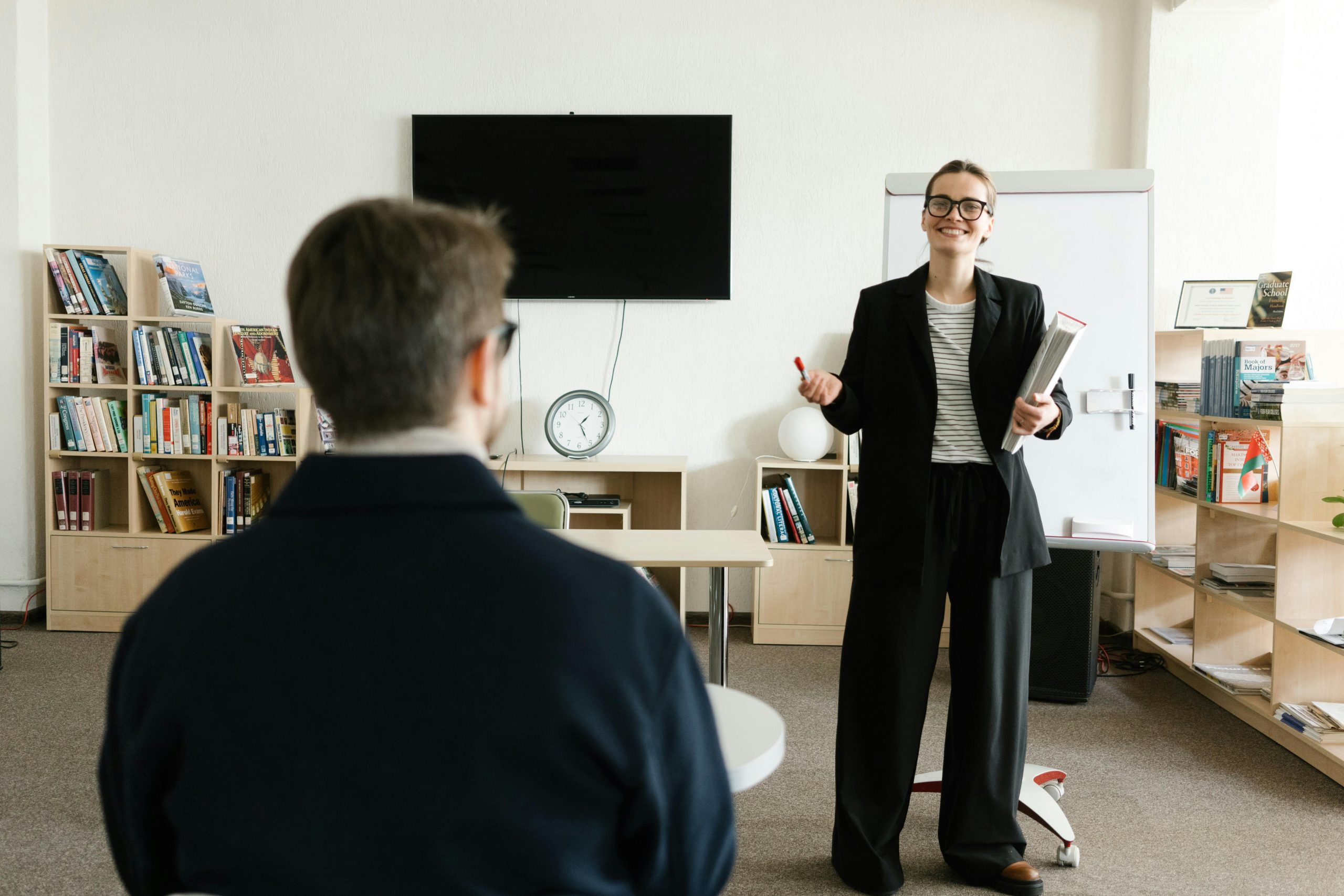Enhancing Education on Bullying and Key Social Issues in Schools
As a high school student, I’ve observed numerous guest speakers and classroom sessions aimed at addressing bullying among youth. While these initiatives often focus on recognizing and responding to bullying, there’s a noticeable gap in teaching students how to identify if they themselves may be exhibiting bullying behaviors.
Understanding how to detect if one is a bully is crucial for fostering genuine empathy and promoting personal growth. Currently, our education tends to emphasize sympathy for victims and strategies to handle bullies, but it rarely addresses self-awareness—specifically, how to recognize one’s own potentially harmful actions. Given that young people are highly emotional and sometimes struggle to understand their own feelings, it’s important to include lessons that help students reflect on how their emotions and personal experiences influence their behavior.
Additionally, discussions around topics like menopause are surprisingly absent from health education, even in comprehensive curricula. This omission limits awareness of significant life stages and health issues that can impact students and their families.
Another critical aspect that’s often overlooked is consent. Comprehensive education around consent and boundaries is essential, especially in today’s climate where incidents like child sexual abuse are unfortunately prevalent. Schools need to do more to educate students about respecting others’ boundaries and understanding their own.
Overall, I firmly believe that educational programs should address these gaps. The current curriculum leaves out vital social issues that students encounter daily, both within school environments and in their personal lives. Since I attend school in New Zealand, I wonder if these issues are better covered elsewhere, and I am eager to hear about experiences from people in other regions.
In summary, there’s a pressing need for schools to broaden their focus—teaching self-awareness to prevent bullying, incorporating comprehensive health topics like menopause, and emphasizing the importance of consent. Doing so will better prepare young people for the complex social challenges they face now and in the future.
